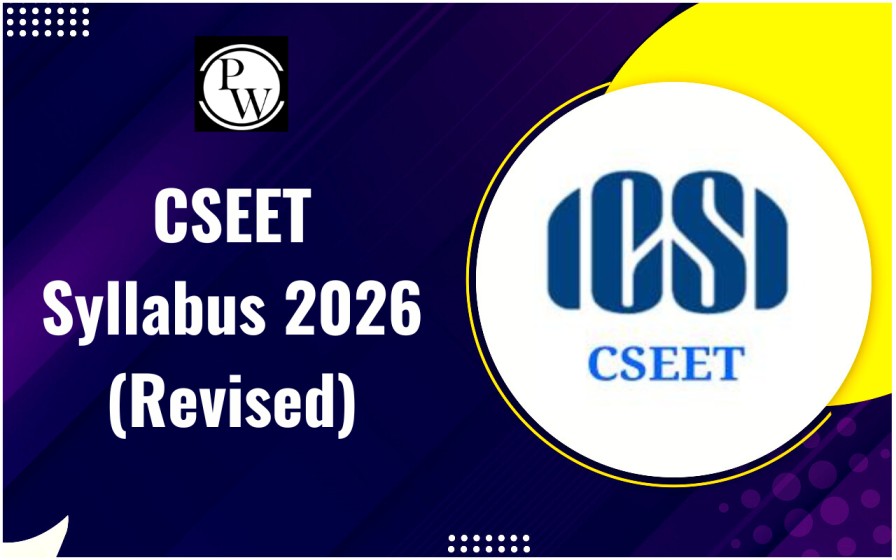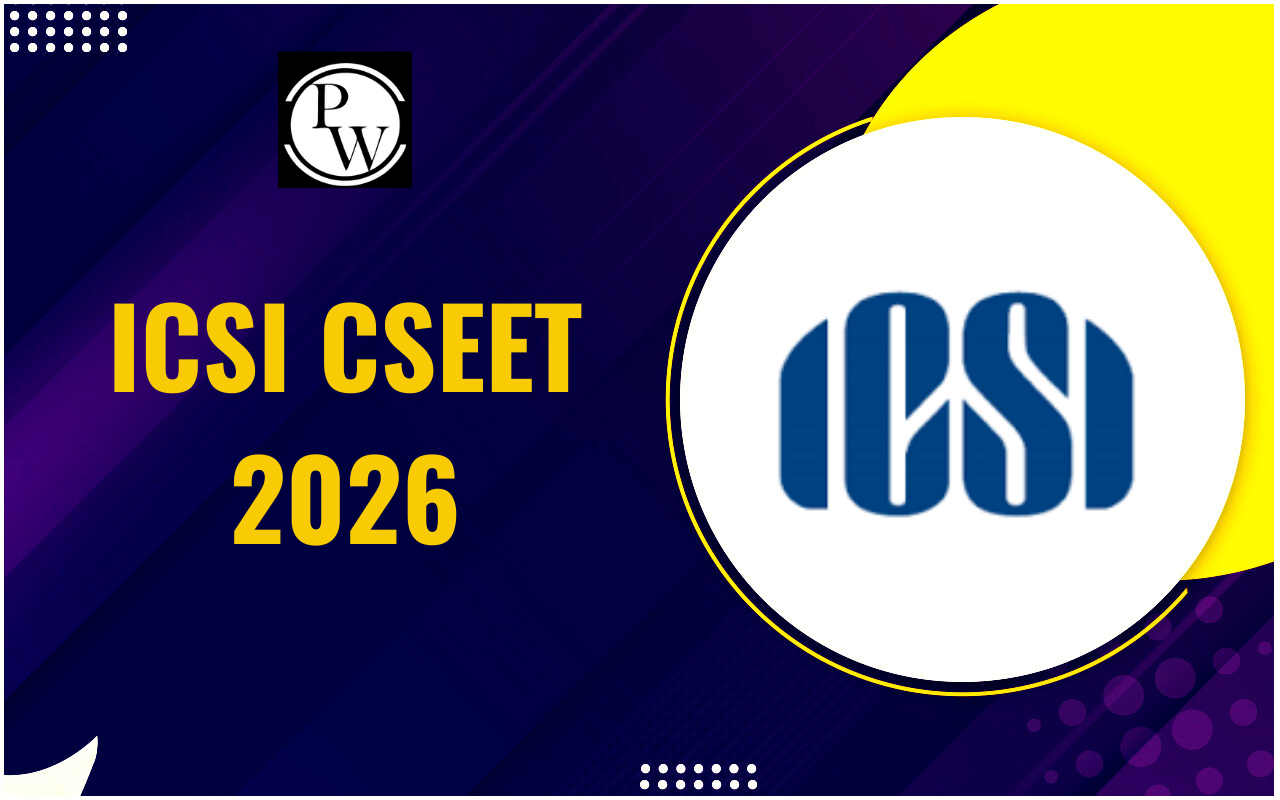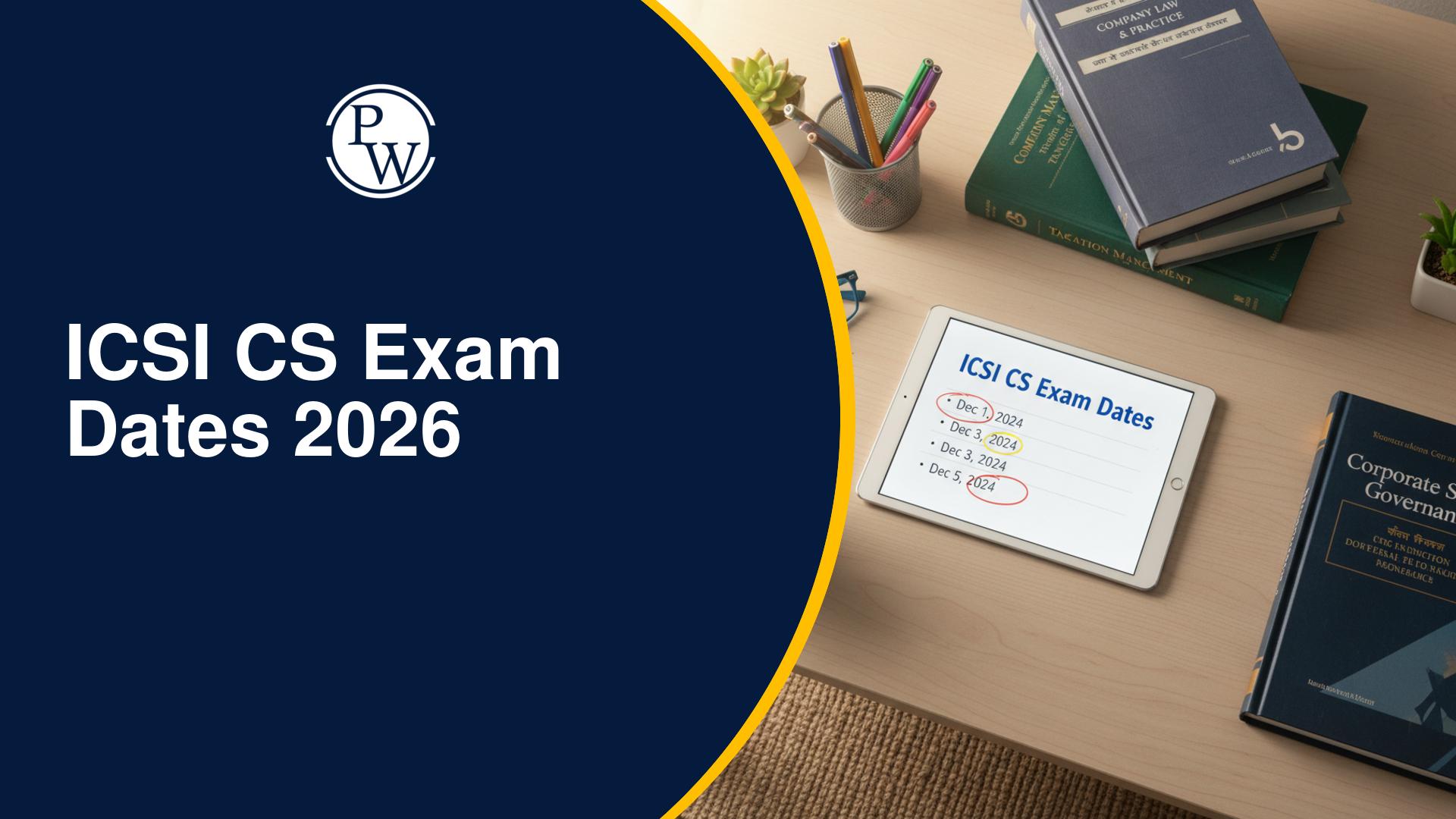
Income tax is a mandatory tax imposed on the total earnings of individuals or entities, known as assesses, per the regulations defined in the Income Tax Act of 1961. This tax applies to the income earned during the previous financial year and is based on specific rules and rates outlined in the Act.
To facilitate the process of paying income tax and clarify how it impacts different sources of income, we have compiled essential information that aims to simplify the complexities, offering simple explanations.What Are the Basic Concepts of Income Tax?
To learn how to pay income tax, there are certain terms that we need to understand income tax, and these are mentioned in detail below:The Previous Financial Year
The previous year, or the financial year or tax year, spans from April 1st to March 31st of the next year, covering 12 months. It's the period during which your income is assessed for tax purposes. No matter when your income activities start within this period, it's important to plan your taxes accordingly to meet compliance requirements and manage your finances effectively.The Assessment Year
The assessment year is the period immediately after the previous year in which you assess and file your tax return for the income earned during that previous year. For instance, if your income were earned from April 1, 2023, to March 31, 2024 (the previous year), you would file your tax return for this period in the assessment year 2024-25.The Salary Details
To understand the income tax on the salary, we need to understand the salary details first that are mentioned in the points below:- Salary Components : Understand the breakdown of your salary into components like basic pay, allowances, bonuses, etc.
- Tax Deductions : Get an idea of how much tax will be deducted from your salary based on these components.
- Tax Statement : Review your tax statement to see details of deductions such as TDS (Tax Deducted at Source) and other relevant taxes.
Other Sources of Incomes
Your total income includes your salary and earnings from various other sources. This includes income from house property, whether it is rented out or self-occupied. It also covers income generated from business activities or professional services. Additionally, any profits or losses from the sale of capital assets, such as real estate, stocks, or mutual funds, are included.Income Tax Slabs:
Income tax slabs determine how much tax individuals must pay based on their annual income. You are exempt from paying taxes if your income is below Rs. 2,50,000 in a financial year. For those earning more, the tax rates vary depending on whether they opt for the new or old tax regime. Under both regimes, tax rates range from 5% for lower income brackets to 30% for higher income brackets. The specific slabs and rates ensure that taxation is progressive, meaning higher earners pay a higher percentage of their income in taxes.Deductions in Income Tax
Deductions in income tax are specific amounts you can subtract from your gross income to reduce your taxable income. These deductions help lower the total tax you owe. Deductions reduce your gross income and lower your tax liability. Here's a simple formula:- Gross Income = Sum of All Heads of Income
- Taxable Income = Gross Income – Deductions
Tax Deducted at Source
TDS stands for Tax Deducted at Source. This means that tax is deducted by the person making the payment. The payer must deduct a certain amount of tax based on rules set by the income tax department. This ensures that tax is collected directly from the source of income, reducing the burden of paying taxes at the end of the financial year.Standard Deduction
The standard deduction in income tax is a flat amount subtracted from your gross salary, reducing your taxable income. As of FY 2023-24, salaried employees can claim a standard deduction of Rs. 50,000 under the old and new tax regimes. This deduction helps lower the overall tax liability.Income Tax Returns(ITR)
These are forms designated by the Income Tax Department for taxpayers to report their income and file taxes annually. There are 7 types of ITR forms, each applicable based on income sources and taxpayer category. The deadline for filing is typically July 31 of the assessment year.Tax Audit
A tax audit is when a chartered accountant reviews a taxpayer's financial records to check if the income and deductions reported are correct. This is required for businesses and professionals if their earnings are above certain limits. The accountant looks at different parts of the accounts to ensure they follow tax laws and that all details are accurate. This helps keep financial reporting clear and honest.Other Important Key Terms in Income Tax
Income tax filing is a huge process, and apart from the above-mentioned terms, it involves several other terminologies mentioned below:- Form 16 : This certificate from your employer shows your salary and TDS deducted during the year. It's needed for filing your income tax return.
- Advance Tax : If you owe more than ₹10,000 in taxes for the year, you must pay it in four installments.
- Refunds : If you paid more tax than you owe, you can get a refund when you file your tax return.
- Notices : The Income Tax Department might send notices for issues like mistakes in returns or under-reporting income. Respond quickly to avoid penalties.
- Gross Total Income : Your total income before any deductions.
- Net Taxable Income : Your income after all eligible deductions and exemptions.
The Process of Filing Income Tax
Paying income tax involves several steps. Here's a simplified outline: Step 1: Calculate Total Income: Find the total income from all sources, including salary, business profits, capital gains, house property, and other sources. Step 2:Compute Taxable Income: Subtract eligible deductions from your total income to get your taxable income. Step 3:Determine Tax Liability: Refer to the income tax slab rates applicable to your income bracket (as per the new or old tax regime) to calculate your tax liability. Step 4: File Income Tax Return (ITR): Prepare and file your income tax return using Form ITR-1, ITR-2, etc., depending on your income sources and category. Step 5: Pay Tax Due: If you have tax dues after considering TDS (Tax Deducted at Source) and advance tax, pay the amount using challan ITNS 280 through online banking or at designated banks. Step 6: Verification: After paying tax, verify your ITR electronically using Aadhaar OTP, net banking, or by sending a signed physical copy to CPC Bangalore. Step 7: Receive Acknowledgment: Once verified, you'll receive an acknowledgment (ITR-V) that confirms the filing of your income tax return. Step 8: Keep Records: Maintained records of income, deductions, and tax payments and filed returns for future reference and audits. The income tax in India is governed by the Income Tax Act of 1961, which sets the rules and regulations for income tax calculation, assessment, and collection. The income tax collected from taxpayers acts like revenue for the government to provide subsidies to farmers, education, and infrastructure.Basic Concept of Income Tax FAQs
Who introduced income tax?
Income tax was first introduced in 1860 by Sir James Wilson to cover the losses the government incurred due to the Military Mutiny of 1857.
How is income tax calculated?
Income tax is calculated based on the income earned during the financial year, minus any deductions and exemptions. The applicable tax rate is then applied to the taxable income.
What is a financial year?
A financial year is a 12-month period used for accounting and tax purposes. In many countries, like India, it runs from April 1st to March 31st of the following year.
Who collects the income tax?
Income tax in India is collected by the Income Tax Department for the central government
🔥 Trending Blogs
Talk to a counsellorHave doubts? Our support team will be happy to assist you!

Check out these Related Articles
Free Learning Resources
PW Books
Notes (Class 10-12)
PW Study Materials
Notes (Class 6-9)
Ncert Solutions
Govt Exams
Class 6th to 12th Online Courses
Govt Job Exams Courses
UPSC Coaching
Defence Exam Coaching
Gate Exam Coaching
Other Exams
Know about Physics Wallah
Physics Wallah is an Indian edtech platform that provides accessible & comprehensive learning experiences to students from Class 6th to postgraduate level. We also provide extensive NCERT solutions, sample paper, NEET, JEE Mains, BITSAT previous year papers & more such resources to students. Physics Wallah also caters to over 3.5 million registered students and over 78 lakh+ Youtube subscribers with 4.8 rating on its app.
We Stand Out because
We provide students with intensive courses with India’s qualified & experienced faculties & mentors. PW strives to make the learning experience comprehensive and accessible for students of all sections of society. We believe in empowering every single student who couldn't dream of a good career in engineering and medical field earlier.
Our Key Focus Areas
Physics Wallah's main focus is to make the learning experience as economical as possible for all students. With our affordable courses like Lakshya, Udaan and Arjuna and many others, we have been able to provide a platform for lakhs of aspirants. From providing Chemistry, Maths, Physics formula to giving e-books of eminent authors like RD Sharma, RS Aggarwal and Lakhmir Singh, PW focuses on every single student's need for preparation.
What Makes Us Different
Physics Wallah strives to develop a comprehensive pedagogical structure for students, where they get a state-of-the-art learning experience with study material and resources. Apart from catering students preparing for JEE Mains and NEET, PW also provides study material for each state board like Uttar Pradesh, Bihar, and others
Copyright © 2026 Physicswallah Limited All rights reserved.









